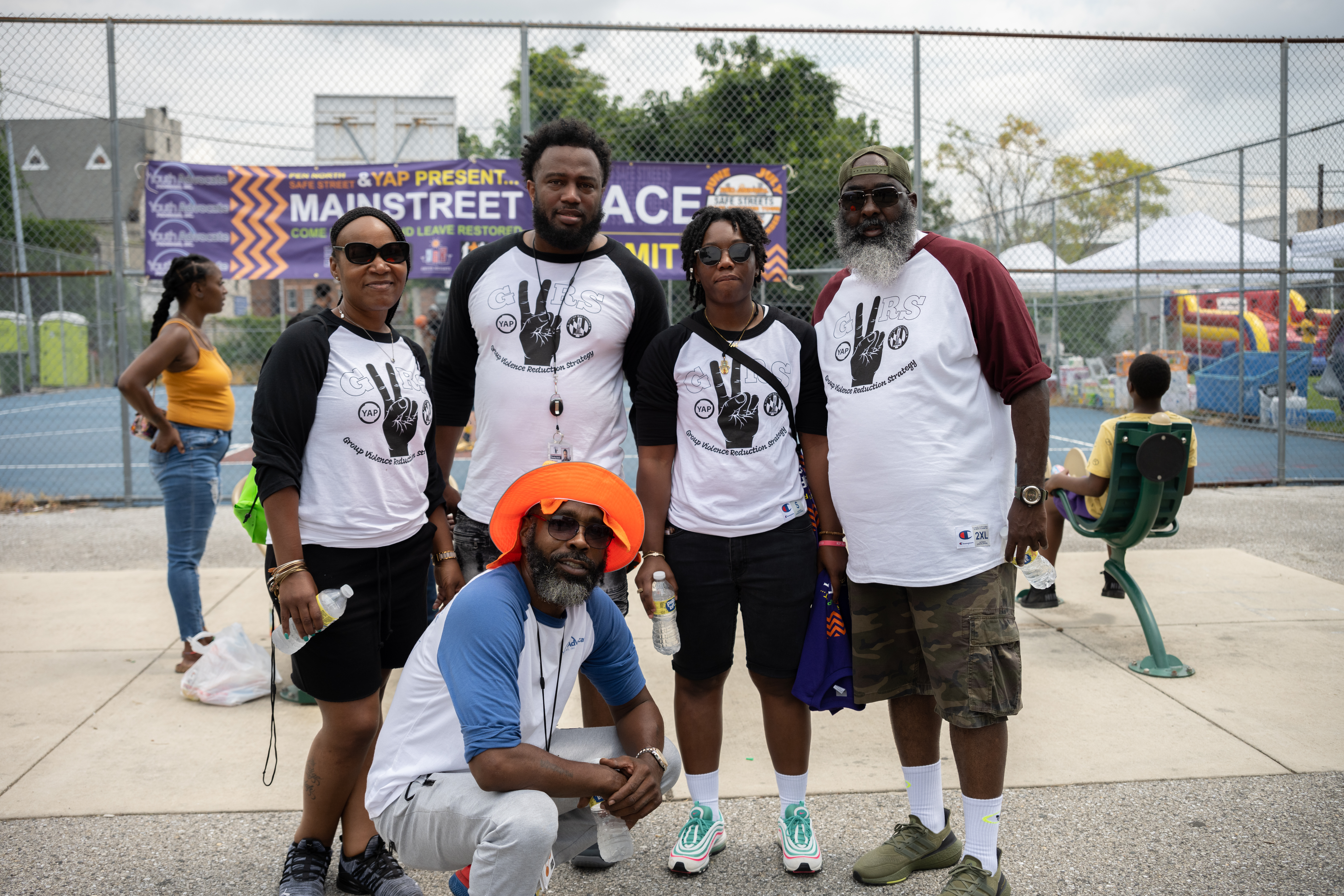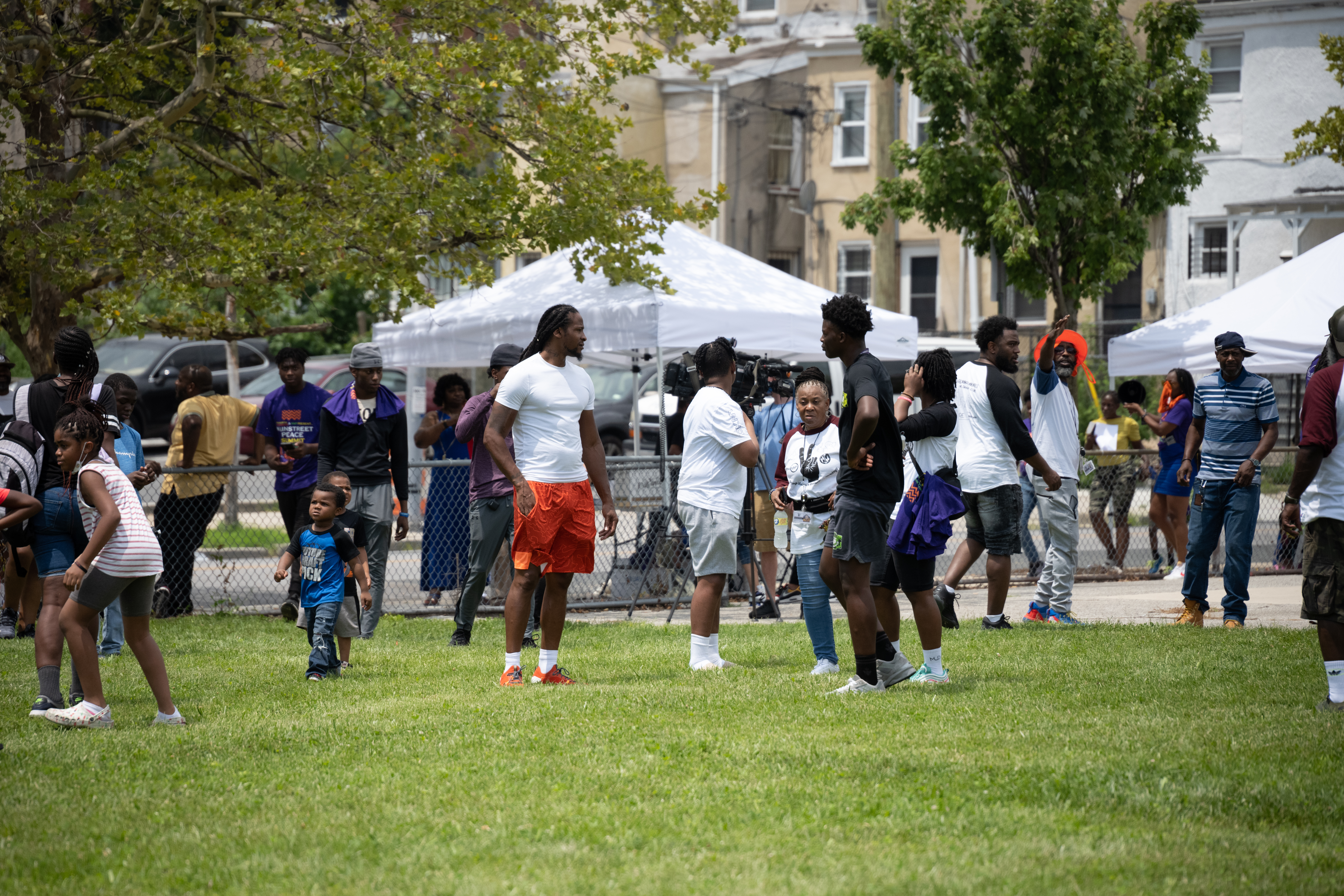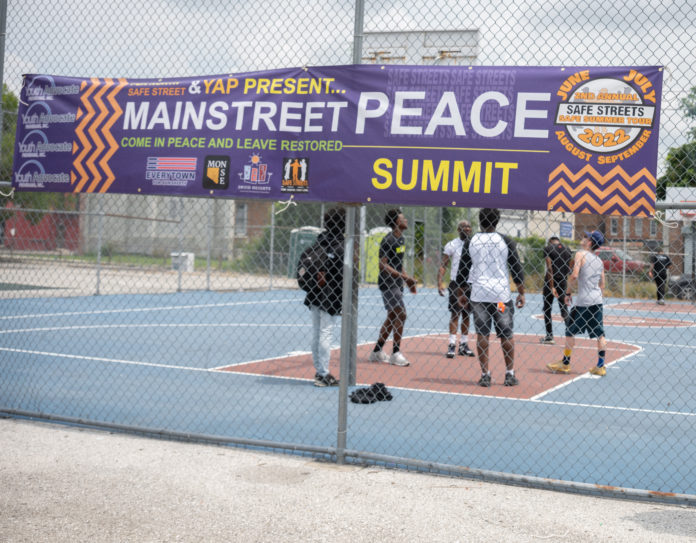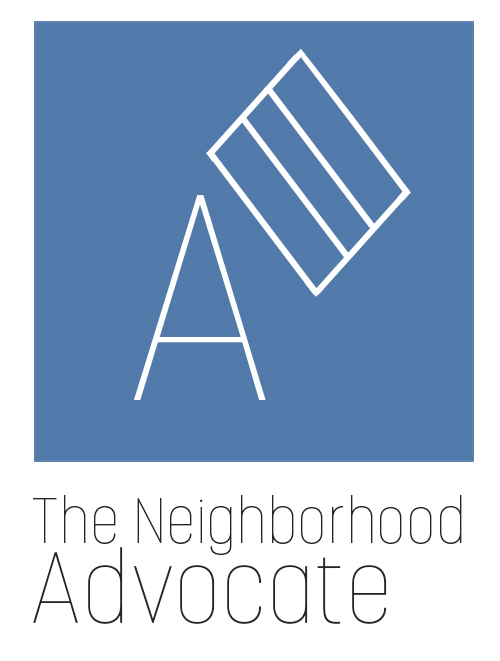Youth Advocate Programs (YAP), Inc. hosted Mainstreet Peace Summit, a Community Gun Violence Prevention Resource Fair, on Saturday, July 16, at Cumberland and Carey Park in Baltimore. Such events are among the tactics used by YAP’s Youth Justice, Safe Streets, and Gun Violence Reduction Strategy (GVRS) teams to foster a sense of togetherness and solidarity, particularly during the summer months when violence tends to be more prevalent.

The fair provided connections to economic, educational, and emotional tools – tangible community resources that provide alternatives to violence – as well as recreational activities for youth and families and free food.

YAP is a 47-year-old national nonprofit that partners with youth justice, child welfare, behavioral health, public safety, and other systems to provide community-based alternatives to youth incarceration and congregate residential placements, and neighborhood violence. YAP does this by hiring and training neighborhood-based Advocates and Credible Messengers who work with youth and families in their communities, empowering them with tools to see their strengths and connecting them with resources to help them achieve positive goals. It’s a unique evidence-based wraparound services model that has been shown to keep 87 percent of youth justice systems program participants from reoffending. That success led YAP to doing violence prevention work across the country, including as Baltimore’s Penn North/Sandtown Safe Streets provider four years ago and more recently one of the city’s new– or GVRS — nonprofit partners, responsible for West Baltimore.
 YAP’s Violence Prevention programs combine the nonprofit’s evidence-based wraparound services model with evidence-based violence prevention approaches to help curb violence, particularly among individuals most likely to be engaged in violence – people returning home from prison, those who may have been involved in cliques and gangs; and those who may be looking to retaliate after losing loved ones to gun violence. YAP’s violence prevention strategy also involves strengthening neighborhoods and building a sense of support through food and clothing giveaways, youth events/transportation, connecting people to job opportunities, counseling, restorative justice resources, and other individualized supports.
YAP’s Violence Prevention programs combine the nonprofit’s evidence-based wraparound services model with evidence-based violence prevention approaches to help curb violence, particularly among individuals most likely to be engaged in violence – people returning home from prison, those who may have been involved in cliques and gangs; and those who may be looking to retaliate after losing loved ones to gun violence. YAP’s violence prevention strategy also involves strengthening neighborhoods and building a sense of support through food and clothing giveaways, youth events/transportation, connecting people to job opportunities, counseling, restorative justice resources, and other individualized supports.



